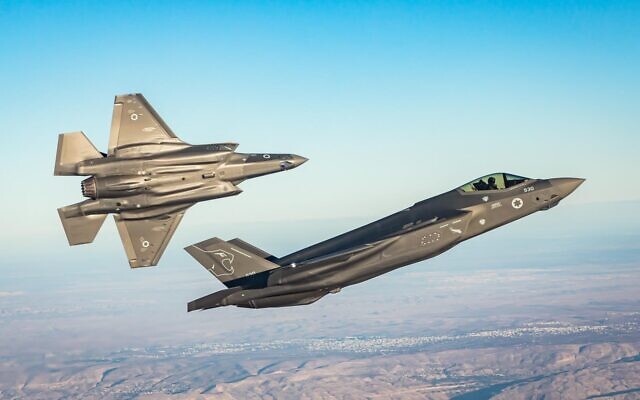Facebook Twitter (X) Instagram Somali Magazine - People's Magazine
Somalia and South Africa have voiced strong opposition to Israel’s recent airstrikes on Iran, denouncing the move as a “blatant violation of Iranian sovereignty.” According to a statement from South Africa’s Foreign Ministry, the attack endangers the stability of the Middle East, exacerbating an already fragile humanitarian situation in Gaza, Lebanon, and the West Bank. The South African government’s statement condemned Israel’s broader military actions, including recent bombardments in Gaza and Lebanon, which have displaced thousands and led to what officials are calling a humanitarian crisis.
South African Foreign Minister Ronald Lamola has also called for an immediate cease-fire in Gaza, pushing for unrestricted access to humanitarian aid. The statement emphasized that the ongoing military operations violate international law, with specific mention of attacks on medical facilities, such as the recent assault on the Kamal Adwan Hospital in Gaza, which left 44 medical personnel detained.
Somalia Urges Global Action for Regional Security
The Somali government has issued a similar condemnation, urging the international community to take decisive steps to maintain security in the Middle East. In a statement, Somali officials highlighted the dangerous implications of Israel’s attacks on Iran, suggesting that continued aggression could provoke a broader conflict. Somali representatives underscored the importance of protecting Iran’s territorial integrity and preserving peace in the region.
International Reaction to Israel Attacks and Rising Global Tensions
Israel’s strike comes on the heels of escalating violence across multiple fronts. The nation is currently facing allegations of genocide at the International Court of Justice, as well as mounting international calls for an end to its military operations in Gaza. The United Nations and several countries, including the United States, have also responded to the increased hostilities, advocating for de-escalation and supporting a resolution backed by the United Nations Security Council.

